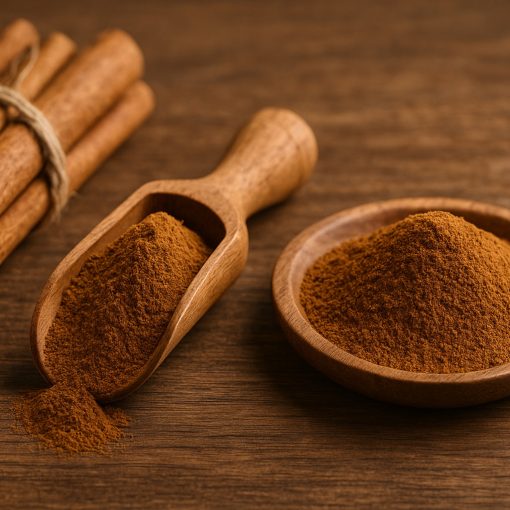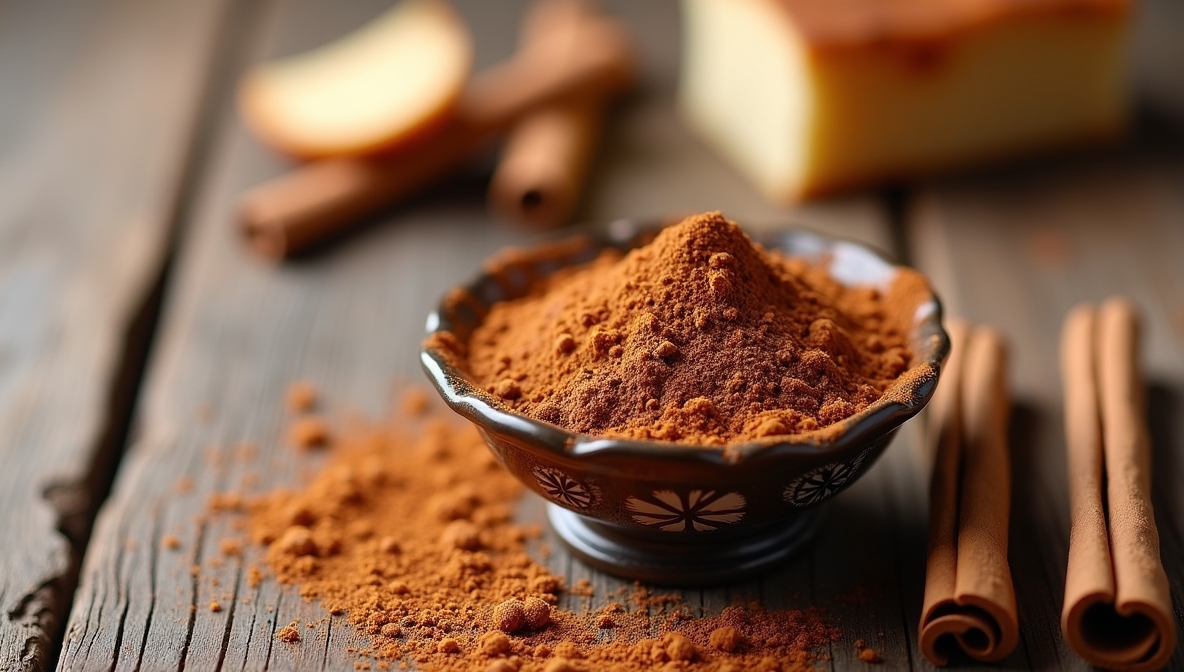Cinnamon is a common spice found in kitchens worldwide, but not all varieties are the same. The concern lies in coumarin, a natural compound present in certain types of cinnamon. Consuming it in high amounts can pose health risks, especially for the liver.
Understanding the risks associated with coumarin helps in making informed choices about cinnamon consumption.
What Is Coumarin?
Coumarin is a naturally occurring substance found in various plants, including some types of cinnamon. While it contributes to the spice’s aroma, its effects on the body can be harmful when consumed in excessive amounts.
Which Cinnamon Contains Coumarin?
There are two primary types of cinnamon:
- Ceylon Cinnamon (Cinnamomum verum) – Often called “true cinnamon,” it contains negligible amounts of coumarin.
- Cassia Cinnamon (Cinnamomum cassia, Cinnamomum burmannii, Cinnamomum loureiroi) – More commonly used, but significantly higher in coumarin.
Cassia cinnamon is cheaper and widely available, making it the variety most people unknowingly consume.
Health Risks of Coumarin
1. Liver Toxicity
Coumarin can cause liver damage, particularly in those with existing liver conditions or sensitivities. Research indicates that prolonged intake of high doses can lead to hepatotoxicity, impairing liver function.
Symptoms of liver toxicity include:
- Fatigue
- Nausea
- Jaundice (yellowing of the skin and eyes)
- Upper abdominal pain
For individuals prone to liver issues, even moderate consumption of coumarin-rich cinnamon may lead to complications.
2. Increased Risk of Cancer
Animal studies suggest a possible link between coumarin and cancer development. High doses over extended periods have shown carcinogenic effects, particularly in rodents. While human studies are limited, prolonged exposure remains a concern.
3. Blood Thinning Effects
Coumarin has anticoagulant properties, meaning it can thin the blood. In large quantities, this may increase the risk of excessive bleeding, particularly for individuals taking blood-thinning medications such as warfarin.
Signs of excessive blood thinning include:
- Easy bruising
- Frequent nosebleeds
- Prolonged bleeding from minor cuts
Those on anticoagulant therapy should limit cassia cinnamon intake or consult a healthcare professional before consuming it regularly.
4. Allergic Reactions and Sensitivities
Some individuals may experience allergic reactions to coumarin, including skin irritation, rashes, or breathing difficulties. While rare, sensitivities can cause discomfort and, in severe cases, require medical attention.
5. Impact on Blood Sugar Regulation
Cinnamon is often praised for its potential to regulate blood sugar, but excessive coumarin intake may counteract these benefits. Some studies suggest that high doses could interfere with glucose metabolism, leading to instability in blood sugar levels.
How Much Cinnamon Is Safe?
Regulatory bodies provide Tolerable Daily Intake (TDI) limits for coumarin to reduce health risks:
- European Food Safety Authority (EFSA) – 0.1 mg per kg of body weight per day.
- For a 60 kg adult – About 6 mg of coumarin daily.
- For a 30 kg child – About 3 mg of coumarin daily.
Cassia cinnamon can contain 5 to 12 mg of coumarin per teaspoon, meaning even a small amount could exceed safe levels.
How to Reduce Coumarin Exposure
1. Choose Ceylon Cinnamon
Ceylon cinnamon contains only trace amounts of coumarin, making it a safer choice for regular use.
2. Limit Cassia Cinnamon Intake
If Cassia cinnamon is the only option, moderate consumption and avoid daily intake in large amounts.
3. Check Labels When Buying Cinnamon-Based Products
Pre-packaged foods, teas, and supplements may contain cassia cinnamon. Checking ingredient lists can help in avoiding excessive coumarin intake.
4. Balance with Other Spices
Alternating cinnamon with nutmeg, ginger, or cardamom in recipes can reduce overall coumarin exposure.
5. Consult a Healthcare Professional
Individuals with liver conditions, bleeding disorders, or those on medication should seek medical advice regarding cinnamon intake.
Final Thoughts
Cinnamon remains a flavorful and beneficial spice, but awareness of coumarin’s risks is essential. Opting for Ceylon cinnamon and consuming cassia cinnamon in moderation reduces potential health concerns. Simple changes in spice selection can make a significant difference in maintaining long-term well-being.


